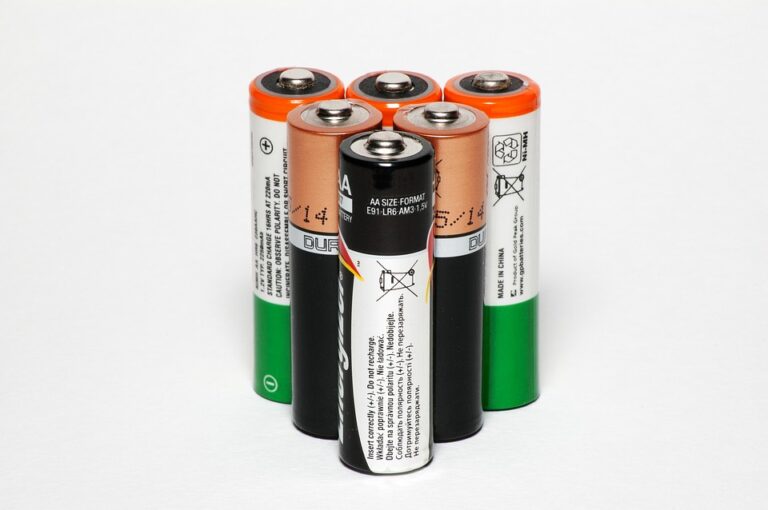
Smartphone Evolution: Exploring the History and Milestones of Mobile Technology
The journey of smartphones is nothing short of remarkable, a tale interwoven with innovation, competition, and cultural shifts. From the bulky, brick-like devices of the 1980s to the sleek, powerful pocket computers of today, the evolution of mobile technology reflects not only advancements in engineering but also the changing needs and desires of consumers.
1. The Dawn of Mobile Communication
Let’s take a step back to the 1980s, a time when mobile phones were a luxury rather than a necessity. The Motorola DynaTAC 8000X, launched in 1983, was the first commercially available mobile phone, weighing nearly a kilogram and costing a staggering £2,000. It was less a phone and more a status symbol, a device that could only make calls, yet it laid the groundwork for the mobile revolution.
Fast forward to the 1990s, and we witness the emergence of the first smartphones, albeit in a rudimentary form. Devices such as the IBM Simon, released in 1994, offered basic email and calendar functionalities, a far cry from today’s offerings but a pivotal step towards integrating communication and computing.
2. The Birth of the Smartphone Era
The 2000s heralded a seismic shift in mobile technology. Enter the BlackBerry, a device that transformed the way business professionals communicated. With its physical keyboard and secure email capabilities, the BlackBerry became indispensable for many. Yet, as the decade progressed, a new contender emerged, one that would redefine the mobile landscape entirely: the iPhone.
Launched in 2007, Apple’s iPhone combined a phone, an iPod, and an internet communicator into a single device. Critics were sceptical—could a touchscreen replace the tactile satisfaction of a physical keyboard? Yet, the iPhone’s intuitive interface and app ecosystem set a new benchmark. As Steve Jobs famously stated, “This is a revolutionary product that changes everything.” How prophetic those words would prove to be.
3. The Rise of Android and the App Economy
While Apple was busy revolutionising the smartphone experience, Google was quietly laying the groundwork for its own mobile operating system. The introduction of Android in 2008 opened the floodgates for manufacturers and developers alike. Suddenly, a plethora of devices flooded the market, catering to a vast array of consumer preferences, from budget-friendly options to high-end powerhouses.
This diversification gave rise to the app economy, a phenomenon that has fundamentally altered how we interact with technology. According to a report by App Annie, global app downloads reached 204 billion in 2019, a testament to our insatiable appetite for mobile applications. Who could have predicted that our smartphones would become our primary source of information, entertainment, and even social interaction?
4. The Current Landscape: 5G and Beyond
Today, as we stand on the brink of another evolution with the advent of 5G technology, one must ponder the implications of such rapid advancements. With speeds up to 100 times faster than 4G, the potential for innovation is staggering. Imagine a world where remote surgery is commonplace, where autonomous vehicles navigate our streets seamlessly, all thanks to the hyper-connectivity facilitated by 5G networks. Yet, amidst the excitement, ethical considerations loom large. What about privacy? Security? Are we ready for the consequences of our unquenchable thirst for connectivity?
5. Reflections on a Mobile Future
As we glance back over the past few decades, the smartphone has transcended its original purpose. It has become a lifeline, a tool for creativity, and, for many, an extension of self. Yet, with every leap forward in technology, we must maintain a critical eye. The balance between innovation and responsibility is a tightrope walk that we must navigate with care.
In the end, the evolution of smartphones is not merely a chronicle of technological advancement; it is a reflection of our society’s aspirations and anxieties. With platforms like BargainsTrust continuously curating selections of top-notch products, the exploration of mobile technology remains more relevant than ever. The future is not just about the devices we create, but about how they shape our lives and, ultimately, our world.






